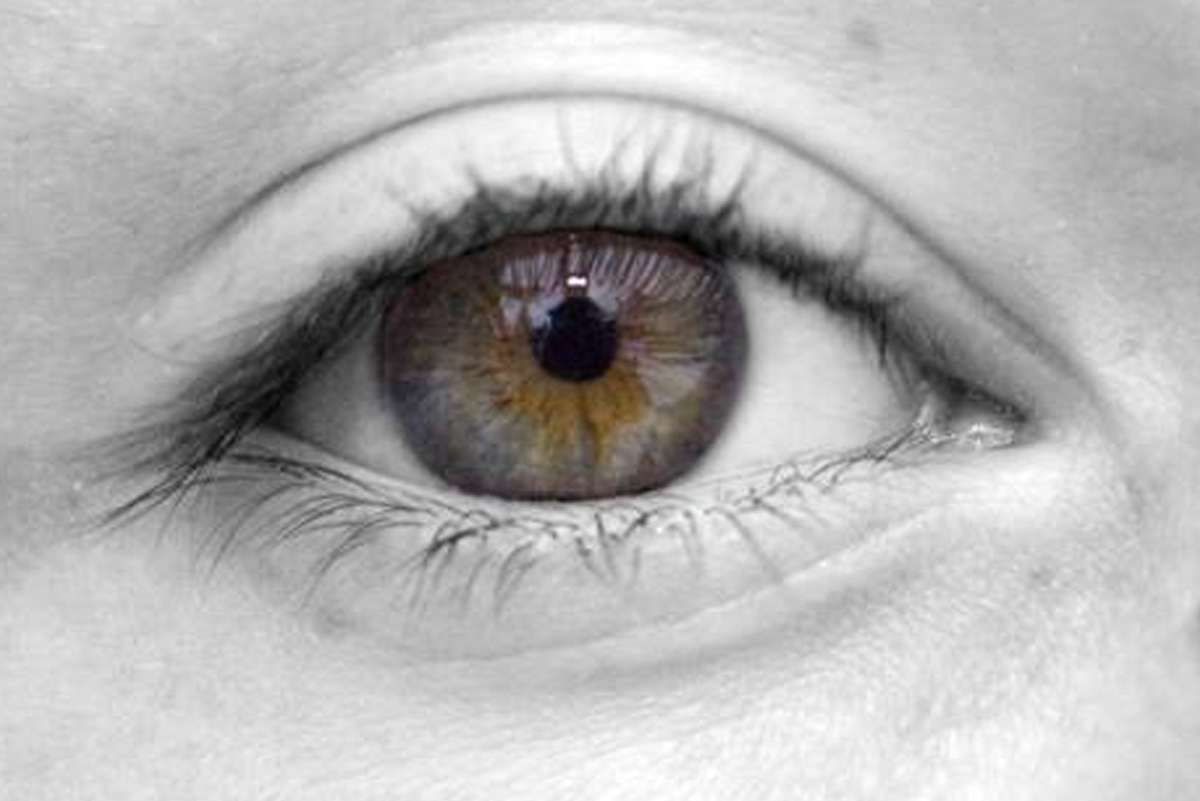If you’ve ever experienced a sudden, uncontrollable eyelid twitch, you’re not alone. Eyelid twitches, spasms, or tics—known medically as blepharospasms—are quite common. While they can be annoying, they are typically harmless, though they can sometimes signal an underlying issue. If you’ve been wondering, can dry eyes cause eyelid twitching, the answer is yes. Let’s explore how dry eye and eye twitching are related, and what steps you can take to alleviate the problem.
What Causes Eyelid Twitching?
Eye twitching dry eye occurs when repetitive spasms in the eyelid muscles cause the eyelid to twitch uncontrollably. These spasms can be triggered by several factors, including stress, fatigue, eye strain, caffeine or alcohol consumption, allergies, and dry eyes. When your eyes are dry, they become irritated, which can lead to muscle spasms around the eyes. This irritation can make the muscles around the eyelids contract, causing eyelid twitching.
The Connection Between Dry Eye and Eye Twitching
So, can dry eye cause twitching? Yes, it absolutely can. Dry eye syndrome causes discomfort, irritation, and inflammation in the eye. When your eyes become dry, they send signals to the brain, which can trigger muscle spasms in the eyelids, resulting in the familiar twitch. These spasms are often worse when your eyes are stressed, tired, or strained.
If you find that eye twitch dry eye persists even after reducing stress, it’s important to talk to your eye doctor. Dry eye treatments, such as lubricating eye drops, can help restore moisture to the eye and reduce the irritation that contributes to the spasms.
Other Triggers for Eyelid Twitching
While dry eyes are a common cause of eyelid twitching, other factors can also contribute to the problem:
- Stress and fatigue can lead to the production of cortisol, which can trigger biological responses, including muscle spasms.
- Caffeine, alcohol, and tobacco use can exacerbate twitching by dehydrating the body, further irritating the eyes.
- Eye strain, especially from prolonged screen time or poor lighting, can lead to muscle fatigue around the eyes.
- Allergies can cause inflammation in the eyes, leading to twitching as well.
When to See an Eye Doctor
In most cases, eyelid twitching is harmless and will subside on its own. However, if the twitching persists despite reducing stress, or if you notice other symptoms such as red or swollen eyes, unusual discharge, or a drooping eyelid, it’s time to consult with your eye doctor. These could be signs of a more serious condition, such as an eye emergency or a neurological issue.
If the twitching continues for weeks or months, and standard self-care measures like eye care and lifestyle adjustments don’t help, your eye doctor may recommend treatments like prescription eye drops, eyeglasses for eye strain, or even Botox injections to relax the muscles causing the spasms.
Tips for Preventing Eyelid Twitching
If you want to prevent eyelid twitching and dry eyes, consider the following tips:
- Use lubricating eye drops to keep your eyes moist and reduce irritation.
- Take regular breaks when working on screens (follow the 20-20-20 rule).
- Get plenty of sleep to reduce fatigue and stress.
- Avoid caffeine and alcohol, especially if you’re prone to eye twitching.
- Maintain a healthy diet rich in nutrients that support eye health.
Final Thoughts: When to Seek Treatment
If you’re experiencing persistent eyelid twitching or dry eye symptoms, don’t hesitate to schedule an eye exam. A comprehensive eye evaluation can help determine the underlying cause and guide you toward effective treatment options. Your eye doctor can help manage your symptoms and restore comfort to your eyes, reducing the occurrence of twitching and improving overall eye health.
Don’t ignore persistent eyelid twitching. Contact us today to schedule an appointment and explore the best treatments for your eye health.
